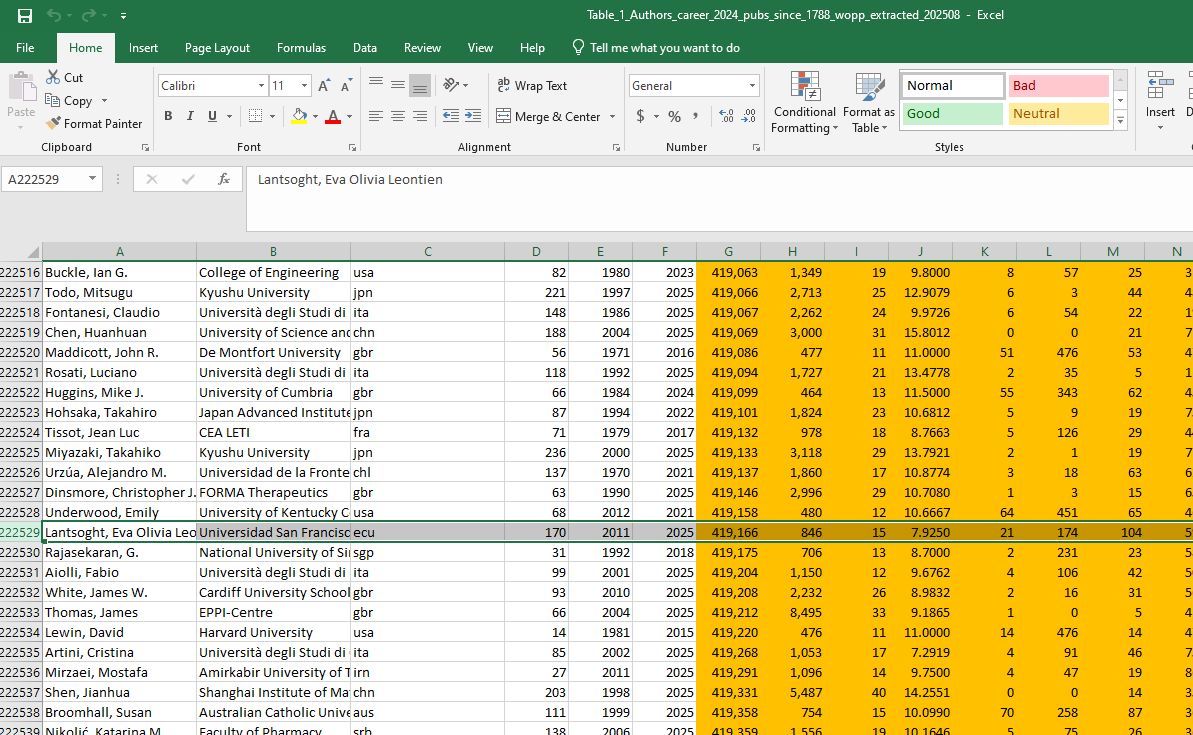
How to select a suitable journal for your research paper?
Today’s post is a guest post by Dr. Sunny Sharma, who is currently serving as an Assistant Professor, Department of Computer Science & IT, Kathua Campus, University of Jammu, India. He received his Ph.D. in Information Retrieval from Arni University, H.P., India. He completed his MCA from Chandigarh University, Punjab, India. His areas of research include Information Retrieval, Machine Learning, Data Mining. He has over 15 publications in international journals of repute including SCOPUS, Web of Science and SCI indexed database and refereed international conferences.
A research paper is a piece of academic writing that provides analysis, interpretation, and argument based on in-depth independent research.It presents an original evaluation and purpose statement, about a topic. It develops that arguments with information gathered from a variety of sources.
With respect to research ethics, a Research Paper starts with an abstract followed by introduction, literature review, and a methodology. At the last, the conclusion section is provided to conclude the research paper.
These research papers are published and disseminated to the readers through academic journals. After completion of writing a research paper, the research paper is usually send to the academic journals for publication. Publishing a research paper in a peer-reviewed journal is an important activity. At the same time, it’s more important to find a suitable academic journal
for your research.
How to find a suitable journal for your research?
It is vital to choose a reputed journal for your research. There are many reputed publishers (Springer, IEEE, Wiley, Taylor & Francis, Elsevier etc 😉 which publish research in a proper way. It is required to assess the credentials of the journal or publisher, Browse the content they publish for quality.
The following points can be kept in mind for selecting a journal:
- First ensure your indexation preference – SCI/SCIE/SSCI/ESCI/PubMed/Scopus etc. The other indexing agencies are presented at the end of this post.
- Make a list of available journals in your subject area and survey the type of articles published in them. Compare the quality of your articles to those published in these journals and then make a list of journals with a suitable impact factor range.
- Make sure the aims/scope of the journals match that of your study.
- Check for the types of articles published by the journals.
- Check all the other aspects of the journal such as peer-review process, instructions to authors, open access options, audience/readership of the journal, information about the publisher, time for peer review, acceptance/rejection rates etc.
- Then, make a final list of the journals that meet all your criteria, prepare your manuscript according to the author guidelines and submit the manuscript. At the end, the journal processing fee may be demanded from the journal. You can publish articles for free. In that case, costs of publishing will be paid by subscriptions, i.e. universities, institutions, etc. who want to read that journal.
It might be a consuming task, however there are also some Journal Finder tools are available on the internet which helps the researchers to find the suitable journals.
List of Journal indexing agencies or indexing bodies.
Here are some of the most reputed journal indexing agencies where you can check the indexing and apply for it.



